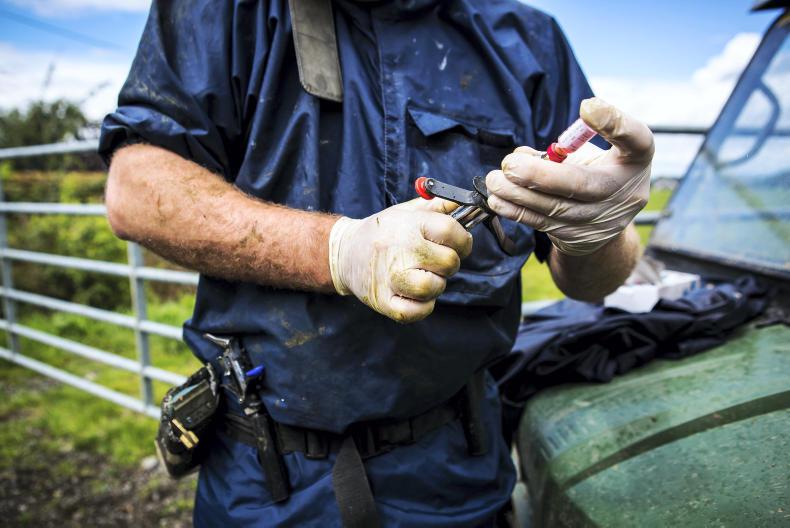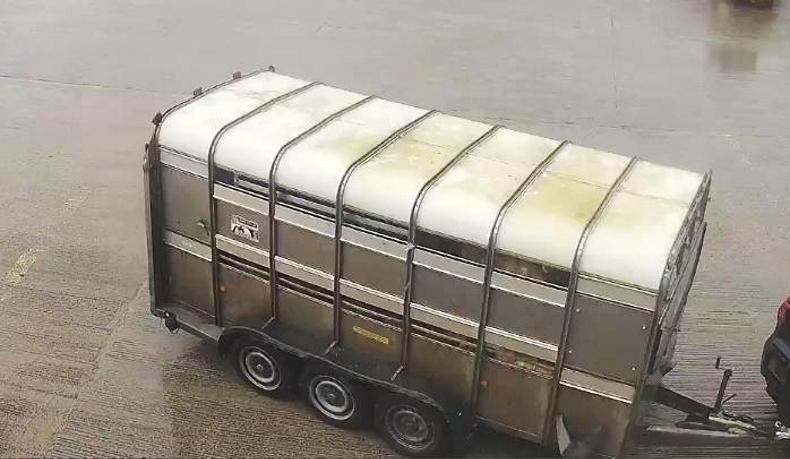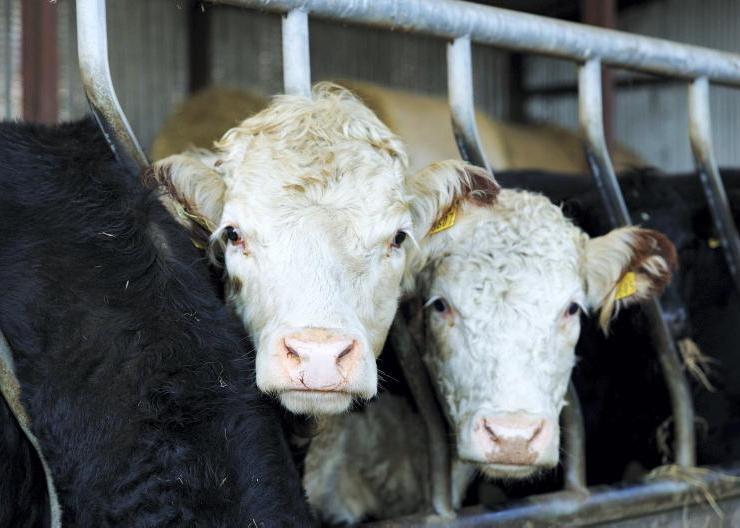Farmers who buy cattle over 36 months which are out of test from another farm or through a mart will have to foot the bill for extra TB testing, the Department of Agriculture has confirmed.
The Irish Farmers Journal revealed two weeks ago that new TB testing rules will be introduced for cows and male animals over 36 months of age from 1 February 2023.
Animals of this age must be within six months of a test when they are being sold, or else the cattle buyer must test them within 30 days of purchase. The new testing requirements are aimed at reducing the transmission of bovine TB.
“Based on an analysis of 2021 movements, approximately 80% of cows and males over 36 months sold through a mart or moved from farm to farm either complied with the testing requirements prior to movement or were subsequently either tested in the herd into which they moved within 60 days as part of a round test or other DAFM required test, or were slaughtered within 60 days of movement,” a Department of Agriculture spokesperson said.
“In circumstances where a herd-keeper is obliged to carry out a specific standalone TB test in respect of purchased animals as a result of these new changes, they will be responsible for payment for the test.”
The spokesperson also confirmed that no date has been fixed yet for extending these additional TB testing rules to all other cattle over six weeks of age, noting that this move will be done in full consultation with farm representatives.
Department checks
When a farmer moves an animal farm to farm or through a mart, the Department of Agriculture’s computer systems will check whether the animal is a cow or a male aged over 36 months.
“If it is, the Department will then check when the animal was last tested and when the herd that is moving the animal out was last tested.
“If the animal that is moving has not been tested within the last 30 days or has not been tested in the last six months and the herd from which it is moving has not been tested in the last six months, the Department will restrict the animal to the herd that received it until that animal is subsequently undergoes a post movement test,” the spokesperson added.










SHARING OPTIONS